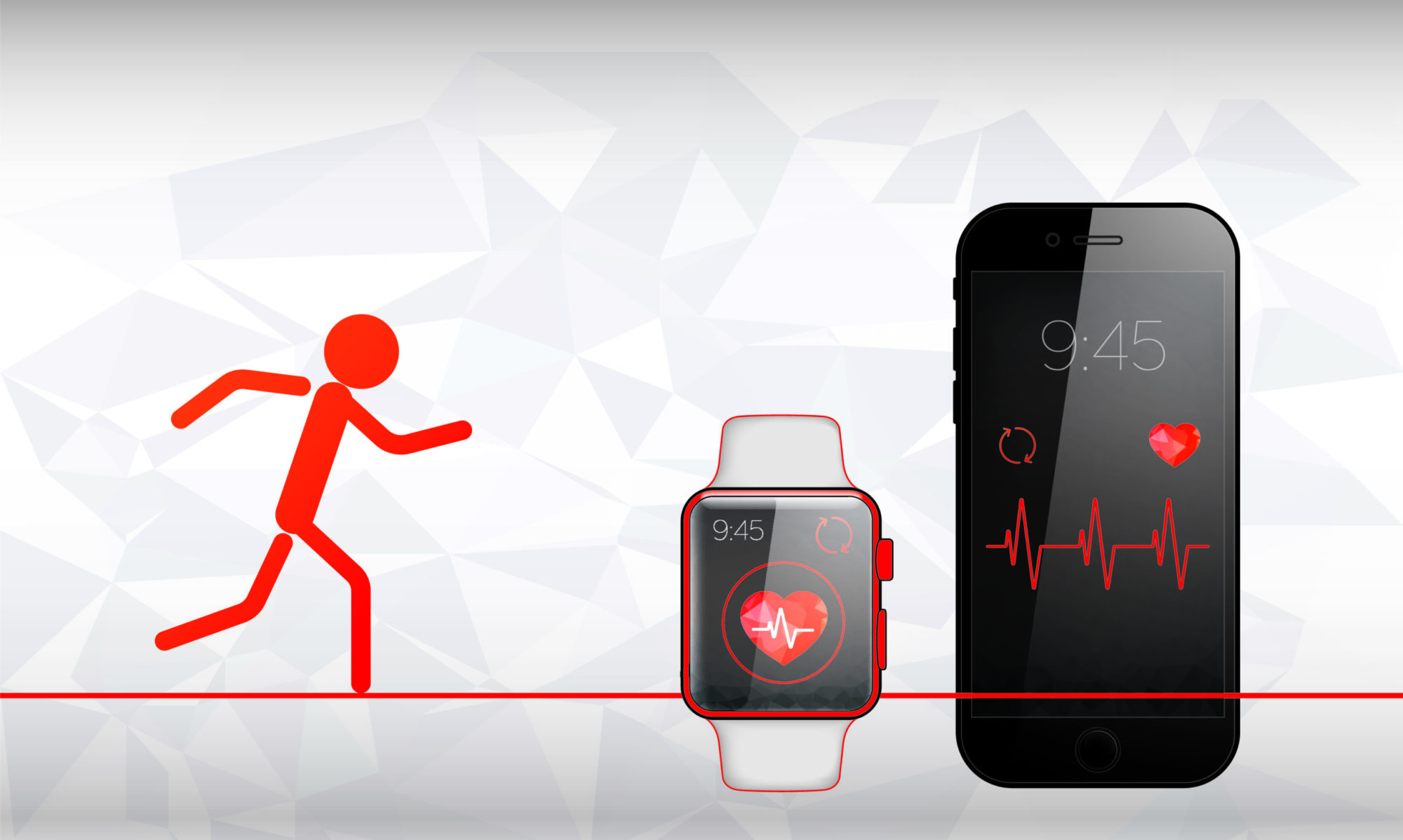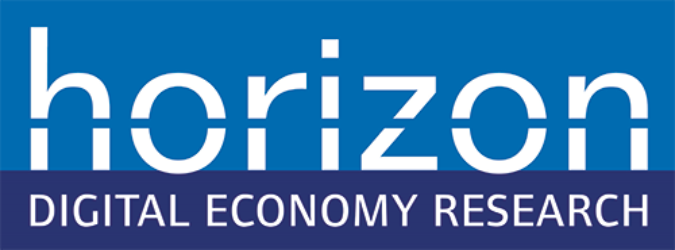Project summary
Existing research has shown that the Internet can have significant impacts on wellbeing in the workplace – for instance, constantly being connected to digital devices can reduce wellbeing, as can exposure to negative online content or interactions. Meanwhile, Internet-enabled technologies can sometimes be effective interventions to increase wellbeing. We are conducting a set of research activities involving a wide range of workplaces and job roles to better understand dimensions of wellbeing in the workplace. We will co-design and test novel technological interventions to foster wellbeing and produce guidance on different potential approaches to manage and mitigate the impact of a hyper-connected work environment.
The overall aim of the project is to conduct a suite of activities to address different dimensions of wellbeing in the workplace as they relate to the Internet.
By wellbeing we mean an overall/general subjective feeling of satisfaction, optimism, or happiness, about life; functioning well and with a sense of purpose; and feeling content about the activities one engages in.
Interested to know more, or participate in our project?
Please complete this short form to let us know
Who we are:

Helena Webb, PI
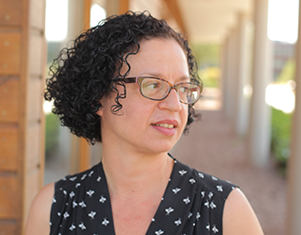
Pepita Barnard

Praminda Caleb Solly

Harriet Cameron

Peter Craigon

Liz Dowthwaite

Karen Lancaster

Aly Magassouba

Elizabeth Marsh

Emma McClaughlin

Virginia Portillo
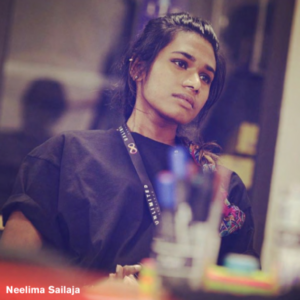
Neelima Sailaja

Kai Xu
Our workpackages
Workpackage 1 Operationalising wellbeing

We will collate and review literature on wellbeing in the workplace to identify how to deploy the concepts.
We will reflect on what dimensions of wellbeing to focus on in WP2-6, identify objective and subjective criteria to gauge wellbeing, and identify how to define associated concepts such as ‘being online’.
Workpackage 2 Scoping questionnaire

Drawing on WP1, we will launch a questionnaire to elicit perspectives on how using the Internet and Internet-based technologies can affect wellbeing in the workplace, including viewpoints on potential future innovations. We will take a particular focus on the topic areas covered in WP3-6. We will harness our existing networks to distribute the questionnaire and use the public site Prolific. The questionnaire will inform the final design of WP3-6 and serve as a recruitment tool for them.
Workpackage 3 Online/offline balance

Drawing on WP1, we will launch a questionnaire to elicit perspectives on how using the Internet and Internet-based technologies can affect wellbeing in the workplace, including viewpoints on potential future innovations. We will take a particular focus on the topic areas covered in WP3-6. We will harness our existing networks to distribute the questionnaire (see Appendix) and use the public site Prolific. The questionnaire will inform the final design of WP3-6 and serve as a recruitment tool for them.
Focus groups on the topic of online/offline balance will be held in March 2025. To express your interest in joining a focus group, please email Dr Emma McClaughlin emma.mcclaughlin@nottingham.ac.uk. Please specify whether you would like to join online or in-person at the University of Nottingham.
Workpackage 4 Hyperconnectivity
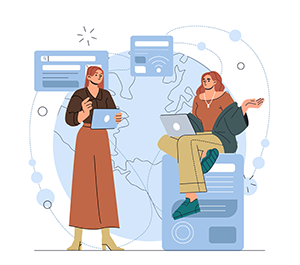
Findings from the WP2 questionnaire will be combined with interviews to explore how hyperconnectivity (defined as being ‘always on’, blurring the lines between home and work, especially in hybrid/WFH contexts) in the workplace affects wellbeing. This will include consideration of the tools and practices used by employees when large amounts of their work time is spent online.
Workpackage 5 Working with online content

Working with online content can negatively affect wellbeing when that content is harmful and/or requires interaction with potentially hostile users. This WP will conduct interviews to explore how employers support employee wellbeing in these situations and how this support might be improved. It will draw on the findings of WP2 to identify workplaces of interest and the findings of the current Horizon EFRESH study to develop guidance for employers. HW will also supervise UG/MSc student projects on this topic to contribute to the WP.
Workpackage 6 Wellbeing interventions
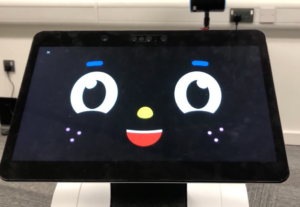
This WP will experiment with two Internet-based technologies designed to boost wellbeing in the workplace.
1) The Cheerbot workplace robot to promote healthier behaviours such as taking breaks, keeping hydrated, dancing and encouraging laughing, currently in early development in another Horizon study.
2) An AI based chatbot (animated avatar) to be developed as an interactive and engaging way to train managers and other people with line-management responsibilities so that they can better recognise and respond empathetically to employee well-being concerns. We will use large-language models to adapt the conversation in real-time based to enable simulation of different scenarios.
Both interventions will be developed with attention to privacy protection and other responsibility issues plus workshops with users will be conducted as part of their deployment in workplace settings.
Workpackage 7 Responsibility
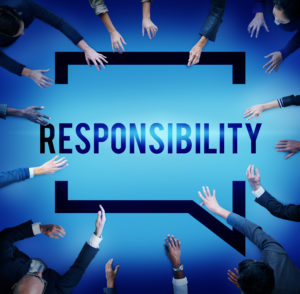
As a team we are committed to principles of Responsible Research and Innovation (RRI). We will conduct all-hands RRI reflection sessions throughout and will use a systematic methodology to capture the topics discussed in each session (e.g., Miro board) to inform our ongoing activities. We will run a brainstorming RRI activity at the start of the project and regular RRI sessions to identify responsibility issues relevant to the project and discuss practices to address them.
We will also trial and reflect on available tools for workplace wellbeing and log and discuss our experiences with the project team.
Towards the end of the project, we will draw on the outputs from other WPs and our experience using some wellbeing tools, to prepare guidance for employers on how to responsibly discuss wellbeing with their employees.
Wellbeing collages
At the end of each meeting, we love sharing what we have been doing to look after our own wellbeing. We have collected a series of photographs, videos, tweets, and more to represent our own wellbeing journeys and compiled them into an interactive map. You can click and drag in any empty space to move around the different nodes, or click on one of the items to find a description, any hyperlinks, and who shared it!
